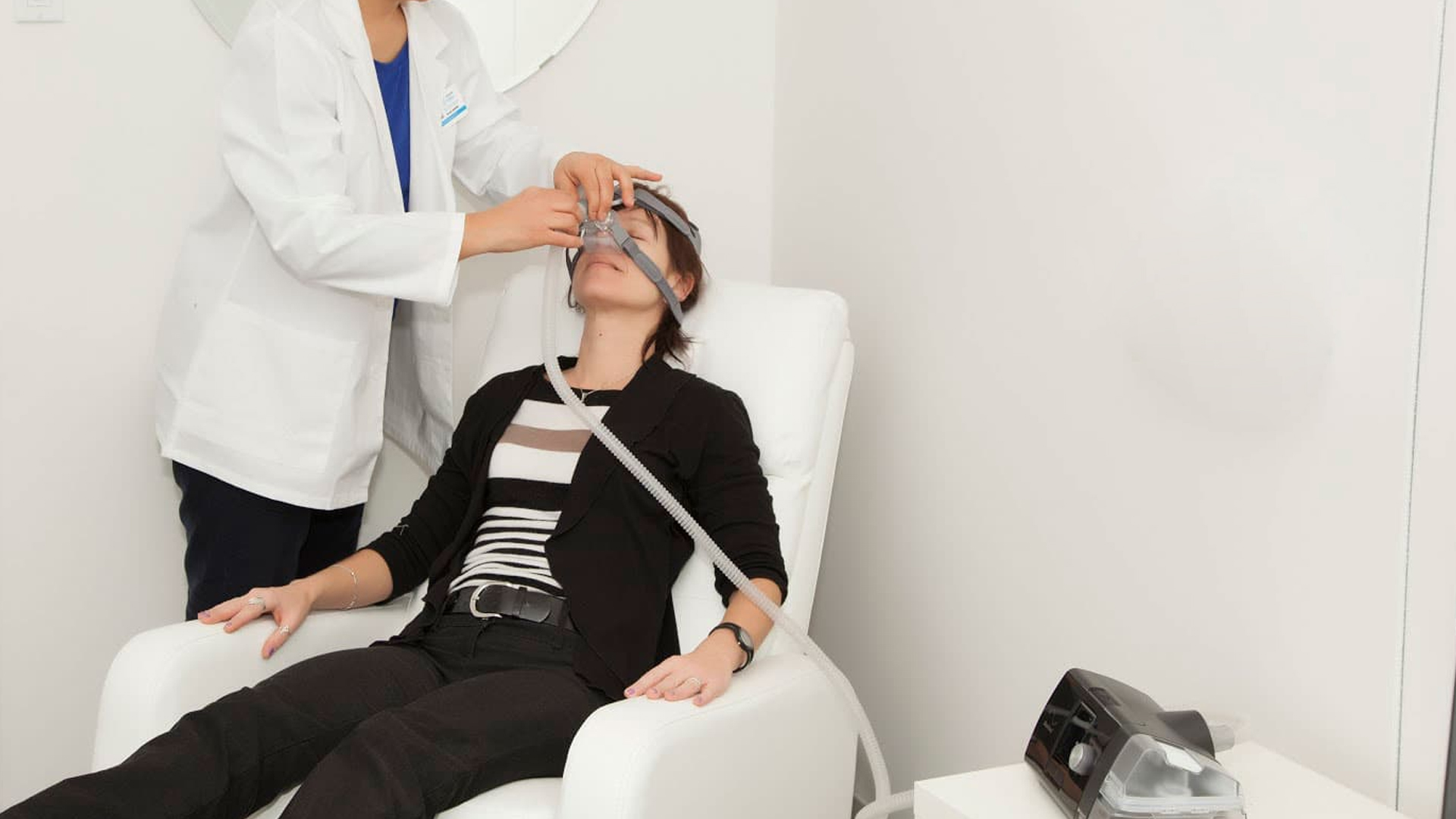No products in the cart.
Obstructive Sleep Apnea & COPD – The What
The correlation between respiratory and sleep disorders has been a constant subject of debate in the last few years. As sleep and breathing are interdependent, therefore it is assumed that their comorbidities also share a common ground. The association between COPD (Chronic Obstructive Pulmonary Disease) which is an obstructive lung disorder and OSA (Obstructive Sleep Apnea) which is a sleep breathing disorder manifests itself as Overlap Syndrome in an individual who is suffering from both these disorders.
These individuals cannot rely on sleep to help them recover or get relief from the symptoms of these disorders. Individuals suffering from COPD often have reduced levels of blood oxygen all day, even while they are alert and breathing. When they sleep, obstructions to their airways caused by OSA can drastically reduce these already low levels and become life-threatening, depending upon severity.
What are COPD and OSA?
COPD: COPD (Chronic Obstructive Pulmonary Disease) is a set of diseases in which an individual finds it extremely difficult to breathe due to narrowed or clogged airways. These include Emphysema (damage to the air sacs in the lungs) and Chronic Bronchitis (inflammation in the tubes that bring air to the lungs).
OSA: OSA (Obstructive Sleep Apnea) is a condition in which breathing briefly ceases throughout the night in phases. Although each pause lasts only a few seconds, many sufferers have dozens of these interruptions each night. The most common cause of OSA is the over-relaxation of the muscles in the back of the throat, which tend to block your airway. This condition often manifests in the form of snoring. Many with sleep apnea tend to snore a lot.

The overlap in these conditions
When an individual suffers from both COPD and OSA, this condition is termed Overlap Syndrome. Over 10% of the sufferers of COPD may develop overlap syndrome. Overlap syndrome causes a twofold problem for the sufferers. Not only do these individuals suffer from elevated levels of carbon dioxide in their blood at daytime when they are up and about due to COPD, but they also face the same problem due to OSA at night.
Get in touch with our experts to know about the products!
Health issues caused by Overlap Syndrome
The combination of OSA and COPD raises the chances of the comorbidities of both these diseases. These include:
- Pulmonary Hypertension (High Blood Pressure in the lungs).
- Fatigue (Reduced energy levels during the day).
- Hypercapnia (Increased levels of carbon dioxide in the blood).
- High blood pressure.
- Increased chances of developing arrhythmia (abnormal heart rhythms).
- Stroke.
- Heart failure.
Managing Overlap Syndrome
Managing overlap syndrome is possible using a combination of measures that are common to both OSA and COPD. These include:
- Avoiding alcohol before bedtime.
- Maintaining your body weight.
- Moderate exercise (as much as possible without compromising your health).
- Sleeping on your side.
- Smoking cessation.
CPAP, or continuous positive airway pressure therapy can help in managing the effects of Overlap Syndrome. This common treatment for OSA ensures you get enough oxygen while you are asleep by exerting mild air pressure which helps in keeping your airway open and pumping enough air into your lungs. Sanrai Med offers world-class CPAP machines that can suit every pocket. From outright purchases to rentals, Sanrai Med can give you the solution that you can afford today.

